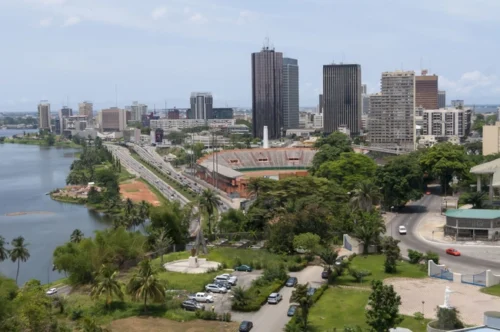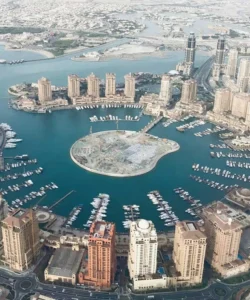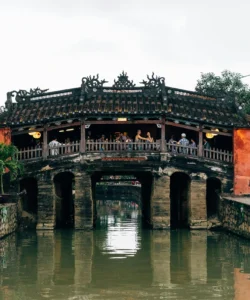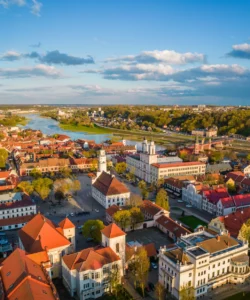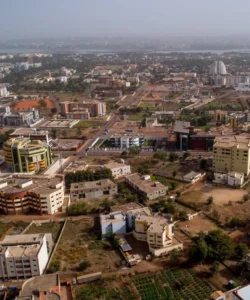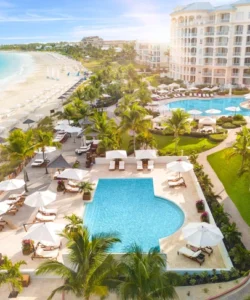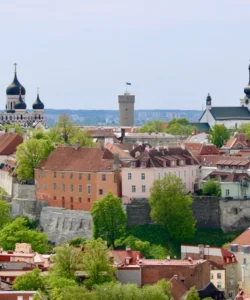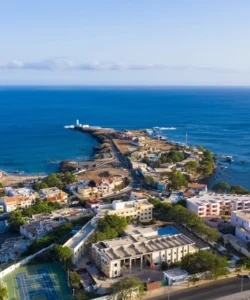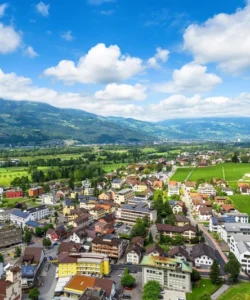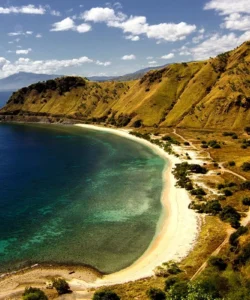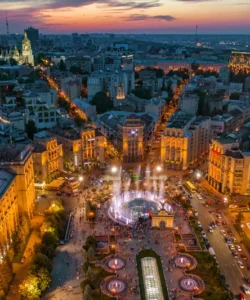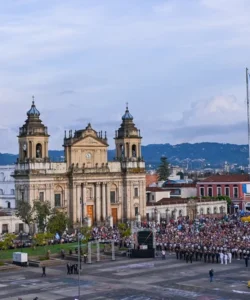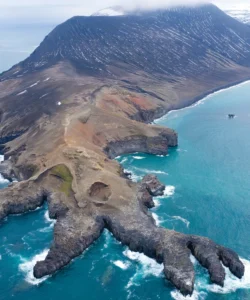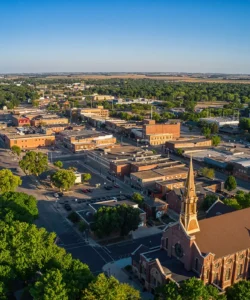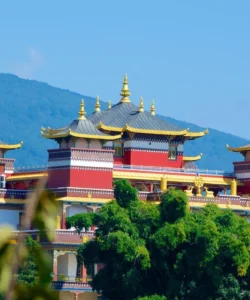Côte d’Ivoire, also known as the Ivory Coast, is a West African nation renowned for its diverse landscapes, rich cultural heritage, and vibrant cities.
Listen to an introduction about Cote d Ivoire
![]()
Here’s a comprehensive overview:
Area: Côte d’Ivoire covers approximately 322,463 square kilometers, making it slightly smaller than Poland or slightly larger than the U.S. state of New Mexico.
Population: As of 2023, the population of Côte d’Ivoire is estimated to be around 31.1 million, with projections indicating significant growth in the coming decades.
Language: The official language of Côte d’Ivoire is French. However, a wide array of indigenous languages are also spoken, belonging to five principal language groups, including Diula (Dioula), Baule (Baoulé), Dan, Anyin, and Senari.
Currency: The currency used in Côte d’Ivoire is the West African CFA franc (XOF).
Religion: Côte d’Ivoire is a secular nation with a diverse religious landscape where adherents generally live in peace. According to a 2014 census, Islam is the most widely practiced religion (42.9%), followed by Christianity (33.9%). Traditional African religions are also practiced.
Capital: While Yamoussoukro is the official political capital, Abidjan serves as the economic capital and largest city, functioning as the de facto political capital.
Major Cities: Besides Abidjan and Yamoussoukro, other significant cities include:
- Bouaké
- Korhogo
- Daloa
- Gagnoa
- Man
- San Pedro
Attractions & Wonders: Côte d’Ivoire boasts a variety of attractions, ranging from historical sites to natural wonders:
- Grand-Bassam Historic Town: A UNESCO World Heritage Site, this former French colonial capital offers a glimpse into the nation’s past with its well-preserved colonial architecture.
- Basilica of Our Lady of Peace (Yamoussoukro): An immense and awe-inspiring basilica, modeled after St. Peter’s Basilica in Vatican City.
- Comoé National Park: One of the largest protected areas in West Africa, offering safari experiences and diverse wildlife.
- Taï National Park: Another significant national park, recognized as a UNESCO World Heritage Site for its primary rainforest and rich biodiversity, particularly its chimpanzee population.
- Mount Nimba Strict Nature Reserve: A trans-border UNESCO World Heritage Site (shared with Guinea and Liberia) known for its unique animal and plant species and mountainous terrain.
- St. Paul’s Cathedral (Abidjan): A prominent modern architectural landmark in Abidjan.
- Grand Mosque in Plateau District (Abidjan): A striking mosque with a blue dome and soaring minaret.
- Abidjan: As the economic hub, Abidjan offers a bustling urban experience with markets (like Marche de Treichville), jazz bars, and the Parc du Banco (a lush nature reserve).
- Coastal Areas: Beaches like Grand-Bassam Beach, Assinie-Mafia, and Jacqueville Beach provide opportunities for relaxation and water sports.
- Man’s Waterfalls: Scenic waterfalls offering natural beauty.
- Traditional Villages of Man: Opportunities to experience local culture.
Architecture: Ivoirian architecture is a fascinating blend of influences:
- Traditional African Architecture: Often utilizes natural materials like mud and timber, reflecting indigenous building techniques.
- French Colonial Styles: Evident in historic towns like Grand-Bassam, characterized by European architectural elements.
- Modernist Designs: Found particularly in major cities like Abidjan, with contemporary structures and grand projects like the Basilica of Our Lady of Peace.
Roads: The overall state of road infrastructure in Côte d’Ivoire is generally considered good, with ongoing efforts to improve and maintain the network. Some regions have high-quality roads, while others are undergoing rehabilitation.
Hotels: Côte d’Ivoire offers a range of accommodation options, from luxury five-star hotels to more budget-friendly choices. Major cities like Abidjan have numerous international hotel chains and local establishments. Examples include:
- Noom Hotel Abidjan Plateau (5-star)
- Sofitel Abidjan Hotel Ivoire (5-star)
- Hotel ONOMO ALLURE ABIDJAN BAOBAB (5-star)
- Pullman Abidjan (5-star)
- Hotel Onomo Abidjan Airport (3.5-star)
- Hotel Saphir (3.5-star)
- Residence Bethany Palace (3-star)
Restaurants: Abidjan, in particular, has a vibrant culinary scene with diverse restaurants offering both international and local cuisine. Some popular choices include:
- La Gourmandise: International cuisine.
- Le Rive Gauche: International cuisine.
- Le M: International cuisine.
- N’Restaurant: International cuisine.
- Le Comptoir Bar & Restaurant: Local and international flavors.
- La Villa Alfira: Authentic Ivorian and international dishes.
- L’Océan: Seafood and authentic Ivorian cuisine.
- Le Mechoui: Lebanese cuisine.
- La Taverne Romaine: Ivorian and Mediterranean fusion.
- Jardyland: Ivorian cuisine.
Cuisine: Ivoirian cuisine is a rich and flavorful reflection of West African culinary traditions, largely based on tubers, grains, and a variety of proteins. Common staple foods include:
- Fufu: A dough-like staple made from boiled and pounded starchy tubers like cassava, yam, or plantain.
- Attiéké: Fermented cassava couscous, often served with grilled fish or meat.
- Kedjenou: A slow-cooked chicken or Guinea fowl stew, often prepared in a sealed pot with minimal water, allowing the ingredients to cook in their own juices.
- Alloco: Fried plantains, a popular snack or side dish.
- Grilled Fish and Seafood: Given its coastal location, fresh grilled fish and seafood are very popular.
- Sauces: Various flavorful sauces accompany main dishes, often made with palm oil, tomatoes, onions, and various spices, sometimes incorporating groundnuts or okra.
- Soups: Such as peanut soup or palm nut soup.
